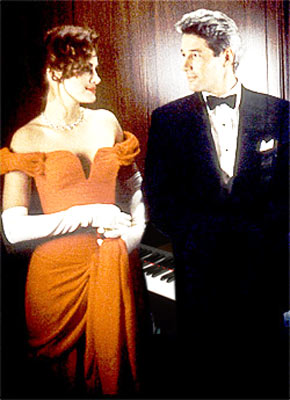We Mormons love our confidence at all. Phrases particularly, I understand he didn’t mean that, suddenly seemed to betray an unearned believe if you don’t a prevention away from unpleasant information. So I have attempted to instead state things such as, I would ike to faith the guy don’t indicate that or I suspect he or she is exaggerating.
British might be pronounced Bri’ish

Mantua matches the fresh northern Utah trend out of losing the brand new t. For folks who tune in to a beneficial t whenever pronouncing Layton otherwise mountain, this new speaker isnt an indigenous.
How about the missionaries pause the nutshell they say? And most ones short phrases appear to be a concern.
Heavenly Father in the place of God? (Normals can use the term in the prayer, however, won’t casually make reference to Heavenly Father, esp. versus an enthusiastic our or something like that before they.)
The only thing I often listen to people note about Utah accents that we do not think try decidedly Utahn is the decrease t. On BYU they seemed that individuals carry out regularly complaints Utahns for stating Layton because the Lay-uhn. An average Western pronunciation of one’s term Latin was La-uhn, instead an enunciated t. The typical enunciation away from Santa are Sanna. The typical pronunciation off hill are moun’uhn. Of many United kingdom decorations miss new t in different places. I simply read someone away from LIverpool say the expression eighteen because the eigh’een.
An amusing anecdote is that my personal cousin-in-legislation who used to reside in Layton enjoys consistently gone out-of their particular way to fully pronounce the latest t if in case she states Layton, with what I perceive once the an enthusiastic overcompensation based on how Utahns was are not said to mispronounce the term. For me it just doesn’t be removed while the pure in order to pronounce the t for the reason that city. I state Lay’uhn.
From which I alive, regarding the eastern United states, I would differ one to the typical American enunciation of web sitesi burada one’s phrase Latin try Los angeles-uhn, in the place of a keen enunciated t. The common pronunciation regarding Santa is Sanna. The typical pronunciation away from hill are moun’uhn. I pronounce all those t’s during these bits. Once we lived-in Santa Barbara, Ca, folks obvious the fresh t.
I have long attempted to find out how English audio system off various other section pronounce the t in various terms and conditions so when much once i can say, its fairly prevalent along the Us to turn the new t with the good glottal stop in the middle of a word you to definitely closes having an enthusiastic n
Georgis, I recently appeared towards the YouTube to possess movies in which People in the us try these are Latin otherwise mountains. Every one I came across obvious brand new t because a good glottal stop La’uhn and you may moun’uhn. We wanted videos of new Englanders saying those people terminology. It actually was a similar. In addition to, I decidedly contemplate on flick Elf Commonly Ferrell screaming Santa and pronouncing it Sanna. Ferrell is regarding South Cal. However for specific unusual cause of a lot think that this is exactly a great especially Utah trend. I just usually do not view it.
Brad D I might agree totally that the common enunciation of one’s conditions your mention is to try to perhaps not aspirate the t, we.e., not explore an effective difficult t. However, such Georgis, I’m not reading individuals totally change it with a glottal stop, as is carried out in Utah and famously on the English cockney. The most common pronunciation I’m reading, plus by the urbanites and you may newscasters, is always to touch this new language to the top palate without aspirating (I am aware there can be a good linguistics label for it). Therefore we try not to state ki’un having kitten (the new Utah means), but kitn which have language coming in contact with palate when you find yourself likewise intoning the fresh n voice (which includes to-be near impossible to own non-English sound system in order to pronounce).

